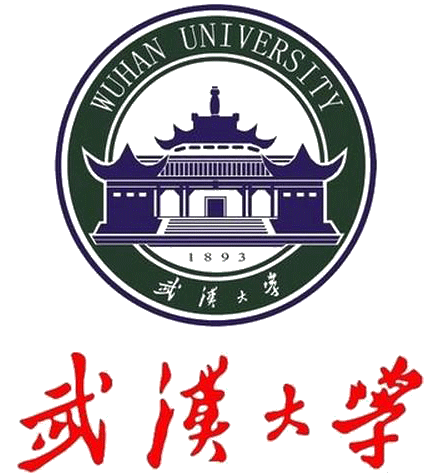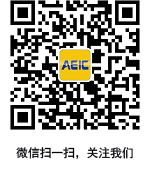The 2018 International Conference on Communication Technology and Software Engineering(ICCTSE 2018) accepts original and unpublished papers. The papers should include to:
(Ⅰ)Communication Technology
1) VLSI Design
2) RFID, RFIC
3) IC Design
4) Multiple Access Techniques
5) Antennas and propagation
6) RF and Microwave Devices
7) Information Theory and Coding
8) Instrumentation and Control
9) Signal and Image Processing
10) Ad-hoc and Sensor Networks
11) Optical Communications and Photonics
12) Satellite,Space and Wireless Communications
13) Wireless Communication Engineering and Technology
14) Emerging Wireless/Mobile Applications
15) Wireless Sensor Networks
16) B3G/4G Systems, WiMAX, WLAN and WPAN
17) Radio Resource Management and Allocation
18) Optical Communications
(Ⅱ)Wireless Network Security and Privacy
19) Signal Processing for Wireless Communications
20) Multiple Access Techniques
21) Modulation, Coding and Diversity
22) OFDM, CDMA and Spread Spectrum
23) Next-Generation Networking and Internet
24) Multimedia in Wireless Networks
25) Multi-Hop and Cooperative Communications
26) QoS, Reliability & Performance Modeling
27) Capacity, Throughput, Outage and Coverage
28) Space-Time, MIMO and Adaptive Antennas
29) Interference Cancellation and MUD
30) Satellite & Space Communications
31) Wireless & Mobile Networking
32) Multimedia Communications
33) Cognitive Radio Networks
34) Cognitive Radio and Software Defined Radio
35) Network Protocol and Congestion Control
36) Optical Networks and Systems
37) Intelligent Transportation Systems
38) Channel Model and Characterization
39) Ad Hoc, Sensor and Mesh Networking
40) Networking and Information Security
41) Mobility, Location and Handoff Management
(Ⅲ)Software Engineering
42) Configuration Management and Deployment
43) Dependendability, Safety and Reliability
44) Distributed, Web-Based and Internet-Scale SE
45) Empirical Software Engineering
46) End-User Software Engineering
47) Engineering Secure Software
48) Agile Software Development
49) Autonomic and Self-Managed Software
50) Computer-Supported Collaborative Work
51) Component-based Software Engineering
52) Feature Interaction and Generative Programming
53) Human and Social Aspects
54) Knowledge-Based Software Engineering
55) Mobile, Embedded and Real-Time Systems
56) Model-driven Software Engineering
57) Patterns and Frameworks
58) Processes and Workflow
59) Program Comprehension and Visualization
60) Requirements Engineering
61) Reengineering and Reverse Engineering
62) Quality and Performance
63) Software Architecture and Design
64) Software Economics and Metrics
65) Software Evolution
66) Software Maintenance
67) Software Policy and Ethics
68) Software Reuse
69) Software Specifications
70) Testing and Analysis
71) Theory and Formal Methods
72) Tools and Environments
73) Validation and Verification
74) Cloud, P2P and Mobile Computing
(Ⅳ)Computers and Information Technology
75) Computer Architecture
76) Computational Biology and Bioinformatics
77) Knowledge and Data Engineering
78) Learning Technologies
79) Multimedia Services and Technologies
80) Mobile Computing
81) Parallel/Distributed Computing and Grid Computing
82) Pattern Analysis and Machine Intelligence
83) Software Engineering
84) Visualization and Computer Graphics
85) Other







